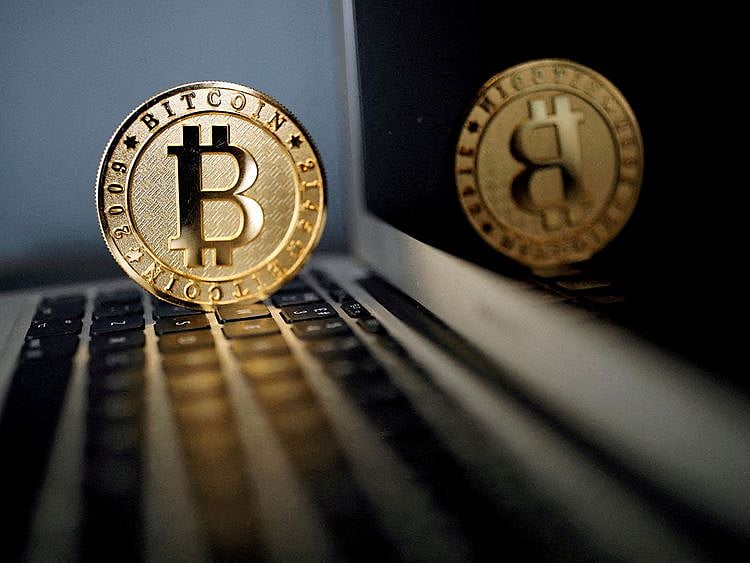Washington: US regulators for the first time approved exchange-traded funds that invest directly in Bitcoin, a move heralded as a landmark event for the roughly $1.7 trillion digital-asset sector that will broaden access to the largest cryptocurrency on Wall Street and beyond.
The Securities and Exchange Commission, whose three-part mandate includes investor protection, authorised funds from industry heavyweights BlackRock, Invesco and Fidelity to smaller competitors including Valkyrie to begin trading Thursday.
The approvals mark a rare capitulation by the SEC following opposition that lasted for more than a decade, ever since Tyler and Cameron Winklevoss first proposed a Bitcoin ETF in 2013. BlackRock Inc.'s surprise application last June, followed by an appeals court ruling that called the denial of a different application "arbitrary and capricious," triggered a blistering rally in the cryptocurrency amid speculation that US regulators would finally give their blessing to the structure.
"While we approved the listing and trading of certain spot Bitcoin ETP shares today, we did not approve or endorse Bitcoin," SEC Chair Gary Gensler said in a statement. "Investors should remain cautious about the myriad risks associated with Bitcoin and products whose value is tied to crypto."
Previous rulings
At the crux of the SEC's previous rulings against a spot ETF was the argument that no regulated exchange was able to adequately monitor Bitcoin trading in a way that would reliably detect fraud and manipulation. That contention was opposed by Cathie Wood's Ark Investments, among others, which provided data showing a high correlation between cash trading and the futures contracts that trade on CME Group's platform.
In reviewing the latest set of proposals, the SEC said it examined the correlation between spot and futures trading at a variety of time intervals and concluded prices moved in such a way that irregularities on exchanges such as Kraken and Coinbase were likely to show up in the futures.
"Because the CME's surveillance can assist in detecting those impacts on CME Bitcoin futures prices, the exchanges' comprehensive surveillance-sharing agreement with the CME "- a U.S. regulated market whose Bitcoin futures market is consistently highly correlated to spot Bitcoin, albeit not of 1significant size' related to spot Bitcoin "- can be reasonably expected to assist in surveilling for fraudulent and manipulative acts and practices in the specific context of the proposals," the order said.
False post
The decision comes a day after a false post on the SEC's X account claimed that the agency had approved the ETFs. The regulator subsequently said that the account had been compromised, causing the price of Bitcoin to fluctuate widely.
Gensler voted alongside the agency's two Republicans to back exchanges' plans to list the products, the SEC's website showed. The regulator's two other Democrats voted against the proposals.
Speaking in an interview on Bloomberg Television's "Balance of Power," Hester Peirce, one of the agency's GOP members, said she was "delighted" with the result. "There are still pieces of it to go, but this is a big milestone," Peirce, who has been one of the industry's most vocal supporters in Washington, said.
Bitcoin briefly scaled $47,000 in a generally muted climb following the approvals. It was trading at $46,480 as of 12:42 p.m. Thursday in Singapore. The original cryptocurrency, which sank 64% in 2022, more than doubled in 2023 in large part because of speculation that the SEC would eventually approve ETFs.
The products allow investors to get exposure to the token in traditional brokerage accounts instead of via crypto-native startups that have come under increasing government scrutiny following a series of scandals and bankruptcies.
Sign up for the Daily Briefing
Get the latest news and updates straight to your inbox
Network Links
GN StoreDownload our app
© Al Nisr Publishing LLC 2026. All rights reserved.
